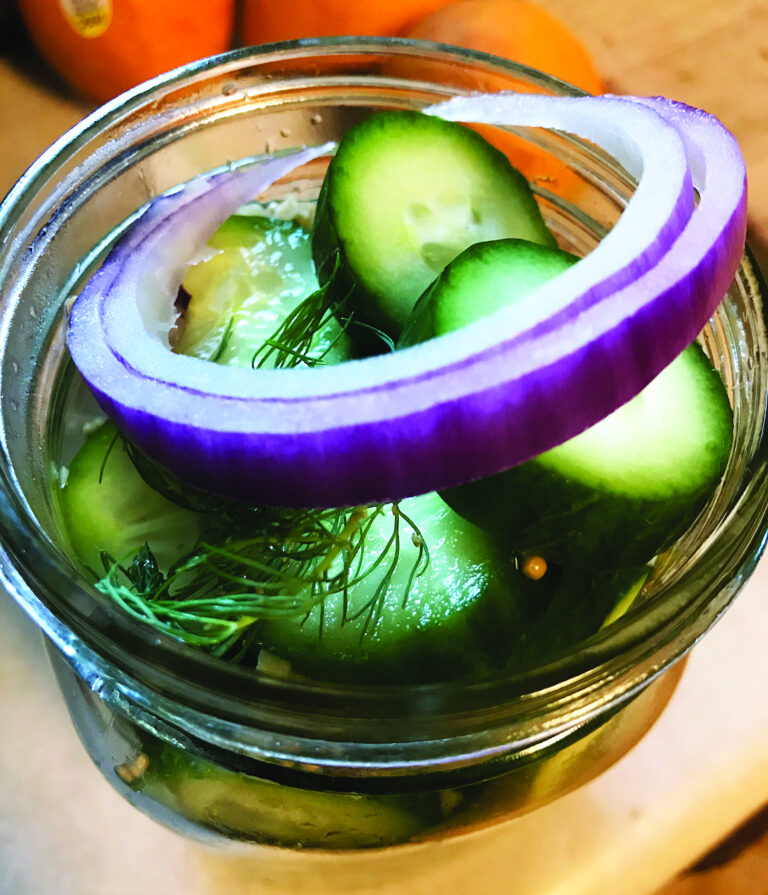Natural Healing Powers of Omega-3 Fatty Acids
Generally speaking, fish is good for you. It's a rich source of protein and what fat it contains tends to be the kind that's good for your heart. In the past few years researchers have claimed that regular intake of omega-3 fatty acids has beneficial effects on a diverse array of health conditions. Studies suggest that regular intake of omega-3 supplements can reduce the risk of heart disease, symptoms of menstrual cramps and arthritis pain; prevent depression, remission of Crohn's disease and high blood pressure in pregnant women. Results are seen in a matter of weeks or months.
In most of these studies patients were given fish-oil supplements but because excessive intake of these supplements can result in dangerous blood-thinning, doctors suggest that the safest and most effective source of omega-3 fatty acids is fish. For more information on omega-3 fatty acids check out the American Heart Association's website at www.americanheart.org.
Consumers Beware: Mercury, PDBs and Biomagnification
It's this simple: Coal-burning power plants spew mercury into the air. Many of the heavy particles fall close to the source but then rain carries them into waterways. Fish ingest the toxin through algae, microorganisms and the water that runs over their gills. Mercury is stored in muscle tissue and fat; fish that eat other fish (like sharks) can end up with high concentrations of the stuff in their tissues. Unwitting consumers seeking fish's health benefits could do themselves much more harm than good.
Mercury levels vary from state to state. Here in New Mexico we have numerous coal-fired power plants (in the Four Corners area) as well as a couple of copper smelters in nearby Arizona and Mexico. But we also have a comparatively low rate of fish consumption. Scott Hopkins, an environmental specialist at the New Mexico Environment Department who worked with an Environmental Protection Agency project that monitored about 100 stations for mercury statewide, puts the risk in perspective. He says it's low, “compared to cigarette smoking or crossing St. Francis drive on foot. If you sit down and the old man's brought home a walleye and everyone has a piece—if you don't do that very often—you're gonna be all right.” Still, we know that cigarette smoking and New Mexico drivers pose dangerous threats to our health and safety. Shouldn't eating fish from our lakes and streams be safe?
Unfortunately, mercury is only part of the picture. Polychlorinated biphenyls (PCBs), dioxins and other pollutants have received much less publicity than mercury but may potentially be equally or more deadly. We simply don't know enough about how much of these industrial pollutants are in our water and fish and how they effect our health in the long run. Gary Schiffmiller, a fisheries biologist with NMED says that right now the state doesn't have enough resources to adequately test for mercury much less PCBs and that's not good. “My personal opinion is that once we start looking for that stuff, we're going to find it. Further down the road [PCBs] may even be a bigger problem than mercury. They may have an entirely different suite of human health effects.”
If you fish or eat locally caught fish frequently then you'll want to download New Mexico's fish consumption guidelines at www.nmenv.state.nm.us/swqb/mercury.pdf. This handy chart details which species are not safe to eat, which are and in what amounts.
Surely the Federal Government Will Do Something to Protect Us, Won't They?
Sorry, but the prognosis is not good. Environmentalists charge that the Bush administration consistently pursues energy policy that benefits powerful corporations at the environment's expense. Bush has been widely criticized for refusing to sign the Kyoto treaty on global warming and for gutting the Clean Air Act. In a case before the U.S. Supreme Court, Vice President Dick Cheney is being sued by Judicial Watch and the Sierra Club for refusing to reveal the members of his energy task force. The plaintiffs believe Cheney consulted almost exclusively with energy company representatives but not with environmental groups. Last week The New York Times reported that experts from the National Academy of Sciences believe the White House systematically revised the wording of proposed EPA rules for coal-burning power plants in order to play down mercury's dangers. According to those experts, members of the Panel on Mercury, not only did White House staff use selective editing to minimize the connection between coal-burning power plants and high levels of mercury found in fish, they also included—verbatim—paragraphs of text from energy industry memos. Stocking the EPA with guys like Jeffrey R. Holmstead, a former energy industry lawyer, as Assistant Administrator for the Office of Air and Radiation, means Bush will encounter little resistance from inside the agency. In short, no, you really can't trust this administration to do anything about this problem.
To Make Matters Worse: Overfishing
Just when you thought you had it all figured out, environmentalists will be there to remind you of another grave danger, overfishing. News of threatened species occasionally pops up in the news. Remember a couple of years ago when chefs in famous restaurants were renouncing Chilean sea bass because it had become endangered? It was a smart move on their part. Strict controls on overfishing actually do allow fish populations to rebound and once again become viable sources of food—and income. To make the most responsible choices based on sustainability, consult a resource like California's Monterey Bay Aquarium Seafood Watch. Go to www.mbayaq.org and click on Seafood Watch to see which kinds of fish are healthier for the environment. You can even download and print out a handy card to take with you when shopping or dining out.
Get to the Point: Should I Eat Fish or Not?
Yes, you should eat fish—but it's very important to choose carefully, especially for women and young children who are most vulnerable to the effects of pollutants like mercury. The hard part is choosing fish and seafood that are not overfished, contain relatively high levels of good stuff (omega-3 fatty acids) and relatively low levels of bad stuff (mercury and PCBs). Your best defense is staying informed. Make use of the websites cited above, ask questions at the supermarket and in restaurants, follow state guidelines when fishing locally and let your elected officials know what you want them to do about it.








